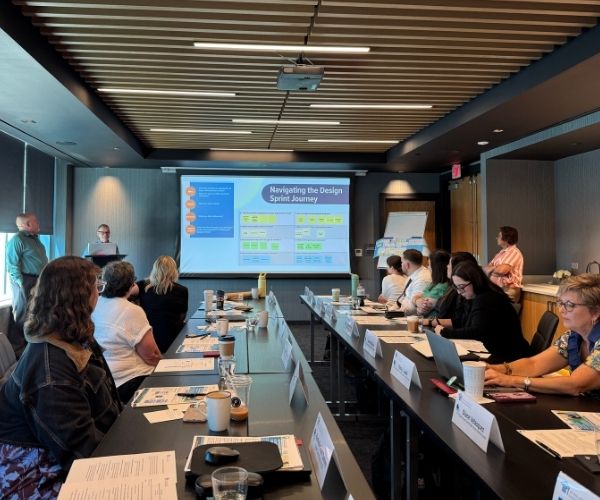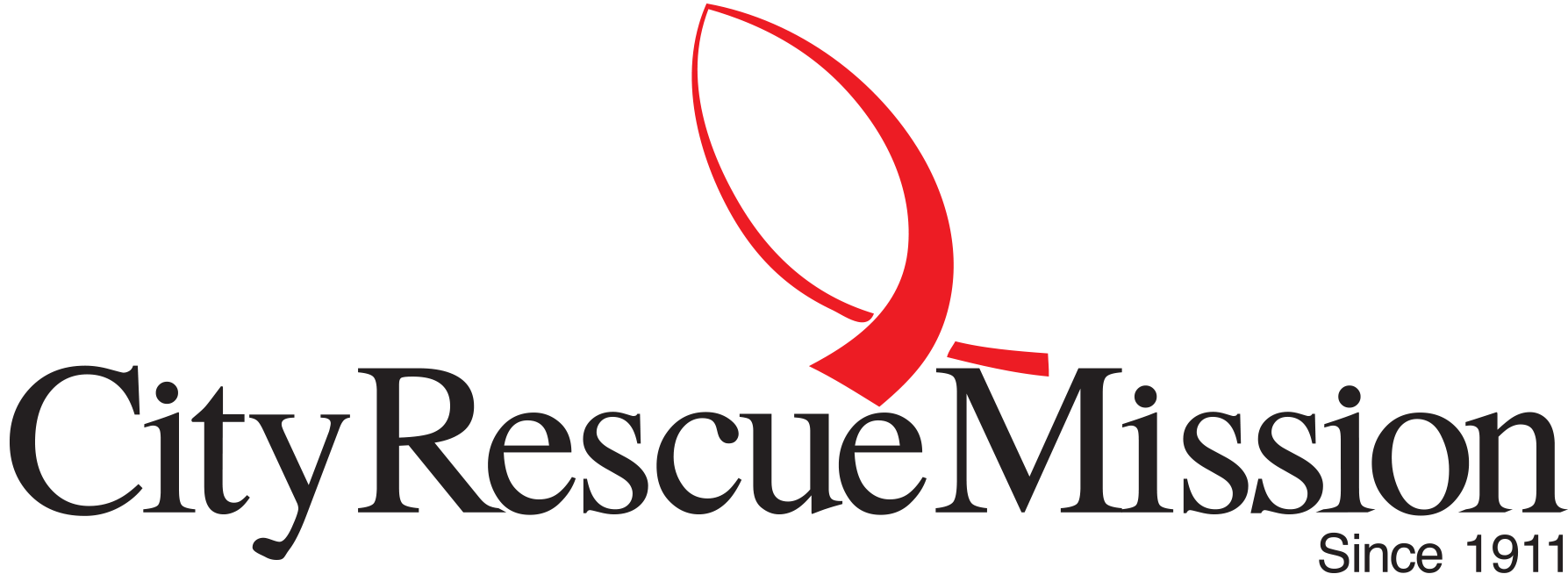
City Rescue Mission was excited to participate with Primary Health Network (a
Federally Qualified Health Center) and The Cornerstone of Beaver County in a
meaningful collaboration effort over the past five months. The collaboration took place
through the Mission’s Community Bridges Initiative, which aims to build strong
partnerships between healthcare providers, housing agencies, and community
organizations to better serve individuals in crisis and bridge services between those at
the shelter and various agencies.
Together, the organizations participated in a Design Sprint Grant initiative led by the
National Association of Community Health Centers. This national effort brought together
leaders across sectors to co-design innovative solutions that address the complex and
interconnected needs of vulnerable populations. With a shared commitment to holistic
care, human dignity, and collaboration, the initiative paved the way for more integrated
services that promote health, healing, and lasting transformation in the lives of those
they serve. "The Design Sprint initiative has been a powerful opportunity to collaborate
across sectors and develop innovative solutions that improve healthcare access for
vulnerable populations. Working alongside City Rescue Mission and The Cornerstone of
Beaver County, Primary Health Network is proud to help design new, integrated models
of care that build trust, reduce barriers, and promote lasting health outcomes for
individuals experiencing homelessness,” stated George Garrow, M.D., CEO of Primary
Health Network.
 Homelessness is strongly linked to a wide range of physical and mental health
Homelessness is strongly linked to a wide range of physical and mental health
conditions, along with a significantly increased risk of death. Individuals facing
homelessness often encounter major barriers to accessing consistent healthcare,
including fragmented services, challenges with scheduling or keeping appointments,
and pressing daily survival needs. As a result, they are four times more likely to use the
emergency department than their housed peers, and those who do not follow up with
primary care after an ER visit are at a much greater risk of return visits and adverse
health outcomes. The partnership aimed to reduce these risks by expanding access to
integrated, community-based primary care through mobile and collaborative solutions.
The Design Sprint initiative explored ways to enhance the impact of the Primary Health
Network’s mobile health unit, which has been serving guests at the Mission since
January 1, 2024. This mobile care model has already demonstrated measurable
benefits in improving access to basic health services for individuals experiencing
homelessness.
One key item identified resulted in the launch of the “Mission Access” clinic pilot, a
dedicated time at Primary Health Network’s Mill Street location, offering weekly two-hour
windows for appointments specifically reserved for individuals served by City Rescue
Mission. This pilot is supported by an interdisciplinary planning team that meets two
days prior to each clinic session to prepare for the unique needs of each scheduled
guest. This includes arranging transportation and strategies for making personal
connections to build trust, especially for those visiting the health center for the first time.
One key practice includes a community health worker meeting guests at the City
Rescue Mission ahead of their appointments to establish rapport and ensure a familiar
face greets them at the clinic. Nick Baron, Director of Operations and Quality Control at
Primary Health Network stated, "We're encouraged by the early results of our “Mission
Access” initiative, which is successfully connecting some of the most vulnerable, at-risk
individuals with person-centered care at community health centers. By aligning a
Community Health Ambassador with a care team to meet patients where they are, we're
able to break down barriers that often go unseen in traditional healthcare setting."
Future plans include establishing a similar model for behavioral health appointments to
not only remove logistical barriers, but utilize a community health worker who has a
trusted relationship with guests, helping to build a more personal and supportive bridge
to care.
As part of the Design Sprint initiative, the team traveled to Bethesda, Maryland this past
June to present its proposed design and learn from other groups from across the
country who are working toward similar goals. It was a valuable time of collaboration,
where the group shared results, identified best practices, and engaged in meaningful
dialogue around improving care for vulnerable populations. The experience not only
reinforced the importance of cross-sector teamwork but also helped open new channels
of communication and coordination, all with the shared mission of increasing access to
care for those who need it most.
Jack H. Lynn, President and CEO of the City Rescue Mission shared his following
thoughts regarding the Design Sprint Initiative, “This initiative has been a powerful
example of what can be achieved through collaboration, innovation, and a shared
commitment to serving vulnerable populations. From launching the “Mission Access”
clinic pilot to identifying new ways to reduce barriers to behavioral health care, and from
fostering trauma-informed practices to expanding timely appointment access, the
partnership has taken significant steps toward more integrated and compassionate
care. Our time in Bethesda highlighted the strength of collective effort, as we learned
from others, shared our progress, and built a stronger foundation for continued impact.
Together, we are creating pathways that not only improve access to care but also
restore dignity, trust, and hope in the lives of those we serve.”






